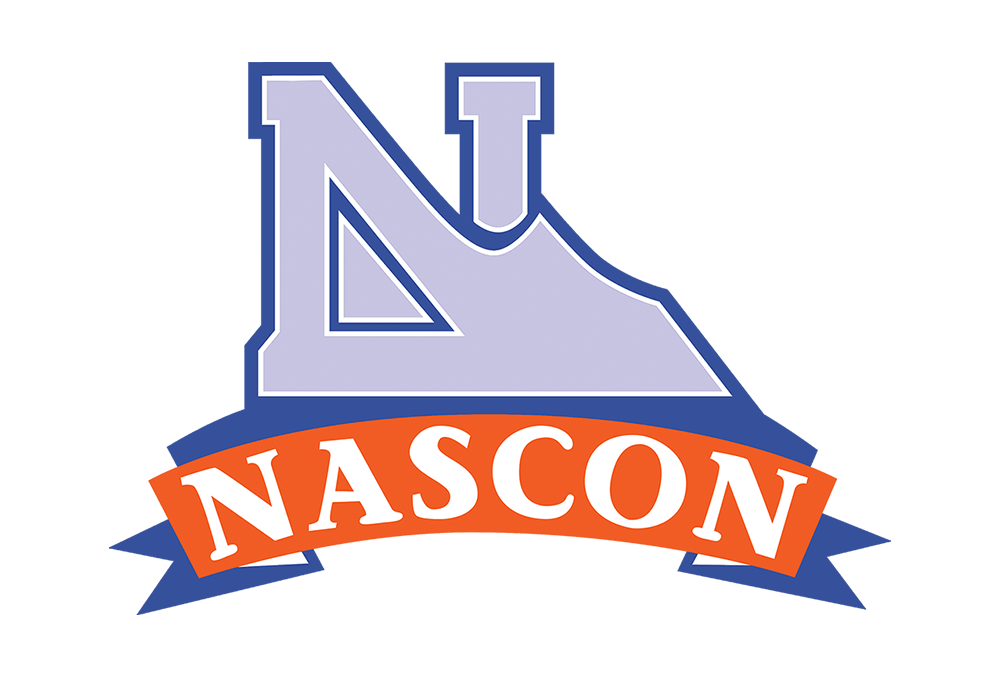Business & Economy
NASCON – Growth in Salt Segment Underpins Performance

Meristem Research
Pandemic Forces a Shift in Company Operations
Nascon Allied Industries Plc ended the 2020FY on a positive note, despite the challenges the coronavirus pandemic posed to the company’s business operations. The company recognized no revenue from freight deliveries and vegetable oil sales throughout the year (vs. 2019FY: NGN4.21bn and NGN1.58bn respectively).
Nevertheless, revenue was up 1.09% YoY to NGN28.01bn (vs. 2019FY: NGN27.49bn), anchored on strong double-digit growth (+34.51% YoY) in revenue from its salt segment to NGN25.34bn – now accounting for 90.46% of total revenues, from 68.53% in the previous year. In contrast, sales from its seasoning segment dipped by 6.55% YoY to NGN2.67bn.
This is despite a 3.78% climb in the segment’s cost of sales, reflecting the company’s discounted pricing strategy, which it adopted in a bid to wrest market share from much bigger brands like NESTLE’s Maggi and UNILEVER’s Knorr and Royco. An analysis of the firm’s revenue on a regional basis shows a prominent jump in sales generated in the East (+16.93% YoY to NGN1.98bn). Sales also showed some improvement in the West (+2.73%YoY to NGN7.21bn) but remained flat in the North (+0.23% YoY to NGN18.82bn) – which remains responsible for the bulk of company sales (2020FY: 67.19%).
For 2021FY, we model a 6.00% growth in topline to NGN29.69bn – supported by our expectation of strong local demand for salt over 2021FY, and a likely return of freight deliveries. We identify heightened competition from unbranded smuggled products (flowing from the decision to reopen the land borders) as a key downside risk to our forecasts.
Reclassification Gives Gross Margin a Facelift
The cost to sales ratio declined to 58.72% in 2020FY (vs. 78.75% in 2019FY) following the reclassification of external haulage expense (from a component of cost of sales) to a distribution expense. As a result, the cost of sales fell by 24.02% to NGN16.45bn – the bulk (99.43%) being production costs from its salt and seasoning business segments. Similarly, gross margin ticked up to 41.28% (vs. 21.25% in 2019FY). Marketing costs, reclassified haulage and associated depreciation expenses pushed operating expenses up to NGN8.19bn (+188.81% YoY) – constituting the major drag to the company’s bottom line. Following the full repayment of the NGN3.30bn loan obtained in 2019FY, finance costs declined significantly to NGN171.90mn, from NGN222.81mn with the interest coverage ratio increasing to 23.43x (vs. 2019FY: 13.02x). A lower effective tax rate of 31.14% (vs. 33.36%) provided further respite to net income, which pegged at NGN2.69bn (net margin: 9.60%) at the end of the year.
Working Capital Management Supports Cash Position
In our view, NASCON enjoyed favourable trade terms with its suppliers in 2020FY – most of which are related companies, opting to delay payments to support its cash position (payable days: 513days vs. 263days in 2019FY, while trade and other payables grew by 48.19% to NGN23.10bn). Receivable and inventory days also climbed to 174days and 114days (from 140days and 75days respectively), while inventory stock was 16.50% higher – factors that suggest the company’s distributors may have struggled with making sales. Operating cycle shortened to -224days, from – 48days in the previous year. Working capital ended the year negative (NGN1.61bn), a result of the jump in trade and other payables.
Recommendation
We project a 2021FY expected EPS of NGN1.04 and maintain our Target PE of 12.50x. This yields a price target of NGN13.00, and an implied -7.14% downside based on yesterday’s closing price (10th March 2021). Hence, we rate the ticker a HOLD.
Financial Highlights (NGN billion) NASCON Plc. 2020FY Audited Results






